I have started to notice that a lot, if not the majority, of games that make the biggest social splashes in the past couple years are smaller games - with exceptions for titles like Baldur’s Gate 3 and Alan Wake 2 which are their own labors of love on a AAA scale. Animal Well, Balatro, Dredge, Vampire Survivors, Talos Principle 2, Hi-Fi Rush…these are the games I tend to hear about the most.
The attention that a lot of AAA games get seems shallow and short-lived lately.
One of the things that’s excited me most recently is seeing new and inventive ways to use graphics and fidelity besides photorealism. Games like Gris and The Artful Escape are probably the most stunningly beautiful games I’ve ever played.





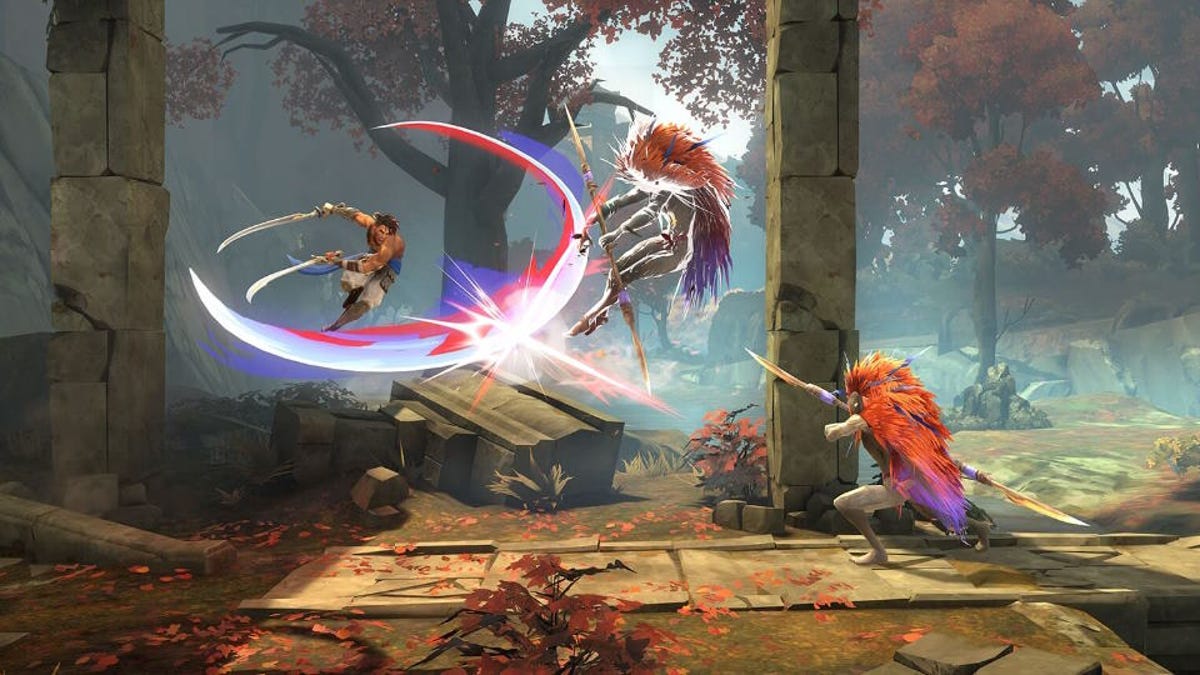



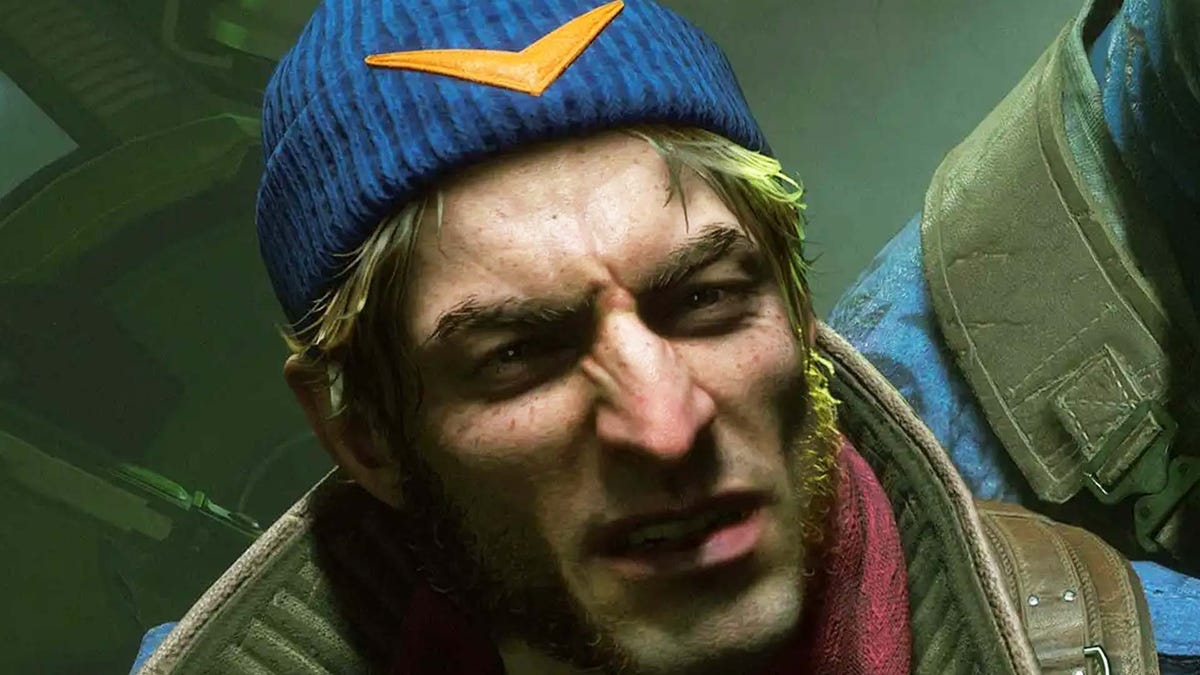






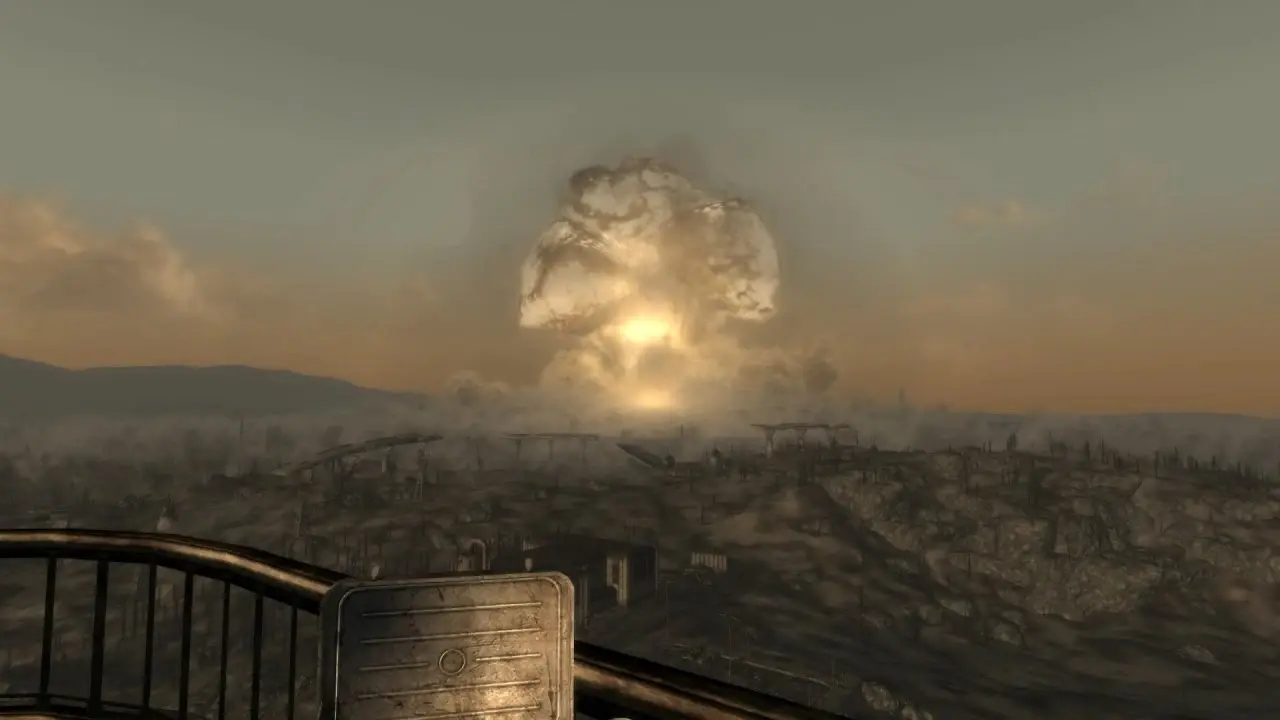
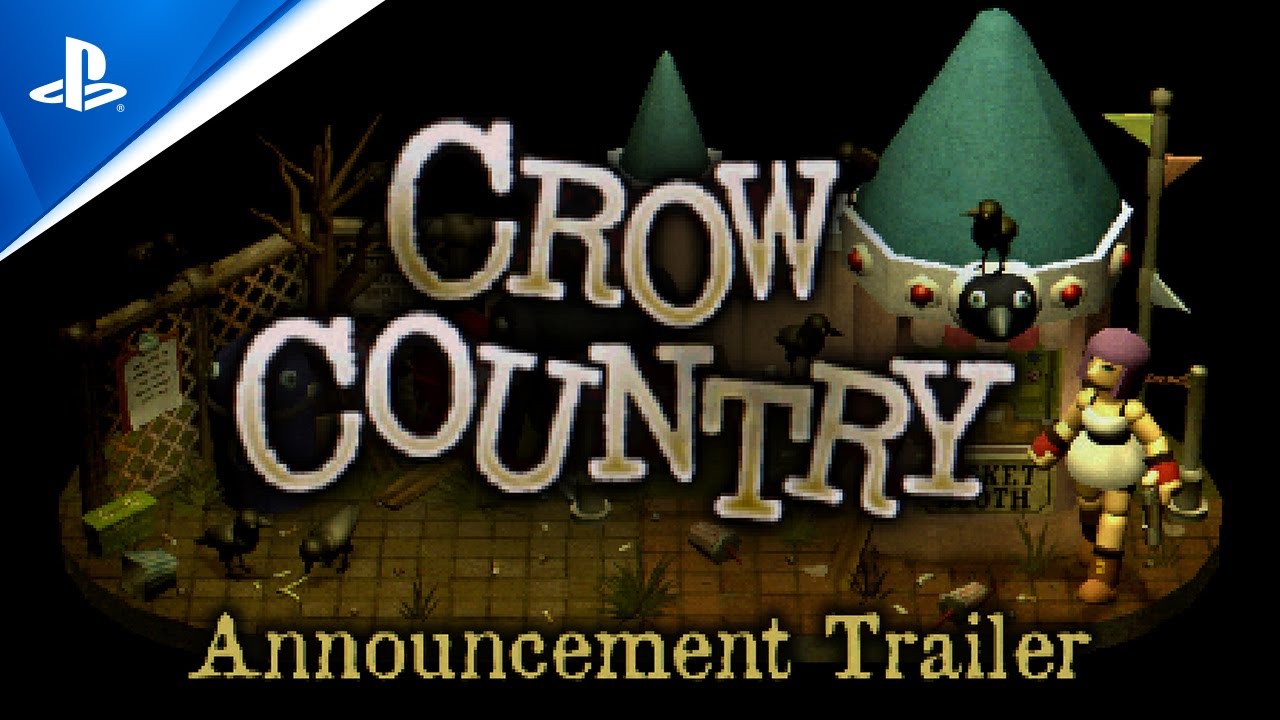
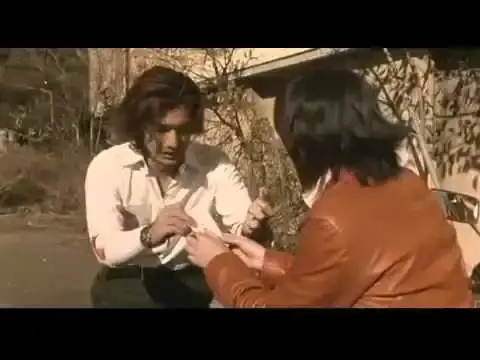
Sad to see it go. I was a subscriber to print for a time around the mid-to-late aughts and more recently have had them in my RSS feed.